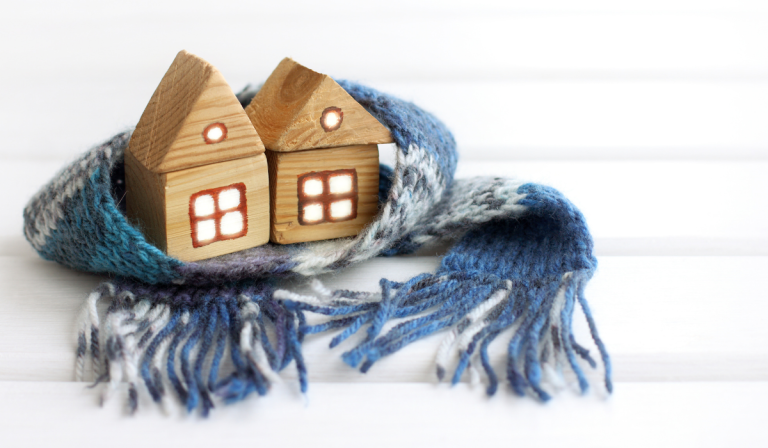Ways you can reduce the cost of your energy bills
As we all know, the cost of energy bills is rising and the need to conserve our electricity at home has become all the more important.
There are small ways to make changes in your household to use less energy where possible. We’ve shared these before as a way to help the environment, but they could also help towards reducing your bills.

Below are some tips and tricks which you can do at home to try and be more energy-efficient and savvy. Doing these things regularly should make costs a little easier to manage, even if just by a little bit.
Lights
It’s common knowledge that turning a light off when you leave a room can help save energy and is better for the environment. This is a simple thing you can do in your home and if every family member or housemate can get into the habit of doing this more regularly, this would be beneficial. You could also consider buying LED lightbulbs, if you haven’t already. These are far more energy efficient than the older-style lightbulbs and will save you money as they use less electricity.

Washing your clothes
If you’re anything like me, as you’re reading this article, you probably have a huge pile of washing on the to-do list which you haven’t quite got around to yet. Actually, that’s not always a bad thing, as you can do your washing in a more energy-saving way. One thing you can do is try to avoid half loads and fill the machine up as much as you can per wash. If you save up a big load of laundry (despite others in your household reminding you about something they need for the next day) then you’ll save on costs in the long run. Every time you use the washing machine, it uses energy, so keep an eye on how many times you (and any teens or housemates in your home!) use it every day/week/month – being more mindful of how much you are using the machine can be useful.
Also, think to yourself: if I just need one thing, can I wash this item by hand with soap and water, and does the item actually need washing just yet or can it be worn another day? If you do need to use the washing machine frequently, you can simply turn the temperature setting down or use the eco setting if your machine has this functionality.
Now, let’s talk about the tumbledryer. This is an excellent way to get your clothes dried and doesn’t take up much of your time to use. However, it is important to remember that it will impact your bills. So, where possible you could hang your clothes around the house, or, as the weather improves, get the clothes on the line outside. Although this may take longer, it will save the ever so important pennies.
Personally, I’m not a fan of hanging washing all over my flat or house – it can get damp, especially when you’re having the heating on a bit less, and cooking smells can be an issue. For under £15, you can buy washing lines that stretch across the bath and retract into a wall holder when not in use: you can hang your washing from them on pegs just like an outdoor line, open the bathroom window a bit if you have one and keep your washing out of the rest of the house. We’re not allowed to link to any particular retailer as this is a council-owned site, but a quick Google for “retractable indoor washing line” will find you some options.
Appliances and heating
Leaving our house in a rush can mean that sometimes we forget to turn off the odd plug and leave it sitting all day. Without us realising, this is still using energy, so where possible it is beneficial to turn off any standby plugs and appliances.

Turning down the thermostat can also help drastically as the cost to heat the home is, as you can imagine, very expensive. Therefore, if you turn the thermostat right down or use little to no heating where possible, this will save you money. As it is still a bit chilly at the moment, consider layering up around the house and wearing the fluffy socks you got for Christmas – a thick, fluffy dressing gown provides lots of warmth.
Of course, if you feel the cold easily or your health is threatened by low temperatures, then you will still need to put the heating on. If this is true for you, then you may be able to get Government grants to make your home warmer, like Cold Weather Grants, Winter Fuel Payments, the Warm Home Discount Scheme, or Green Home Grants.
Water
Heating water equates to a huge percentage of your energy bills, costing each time we heat water in the kettle, have a bath, shower or even do the washing. To save as much water as possible, consider having short showers instead of deep baths and fill your kettle with the amount of water you need for how many cups you are making, not all the way to the top. If you use a lot of water in the garden on hot days, getting a water butt now might help to give you a supply of rainwater for free when you need it.
If you have more bedrooms in your house than people, it might be worth getting a water meter if you don’t have one already to avoid estimated bills.
It’s the small things that make the big differences when it comes to saving energy. If you would like more advice on how to save money on your energy bills and elsewhere in life, the Money Saving Expert has some excellent advice.
